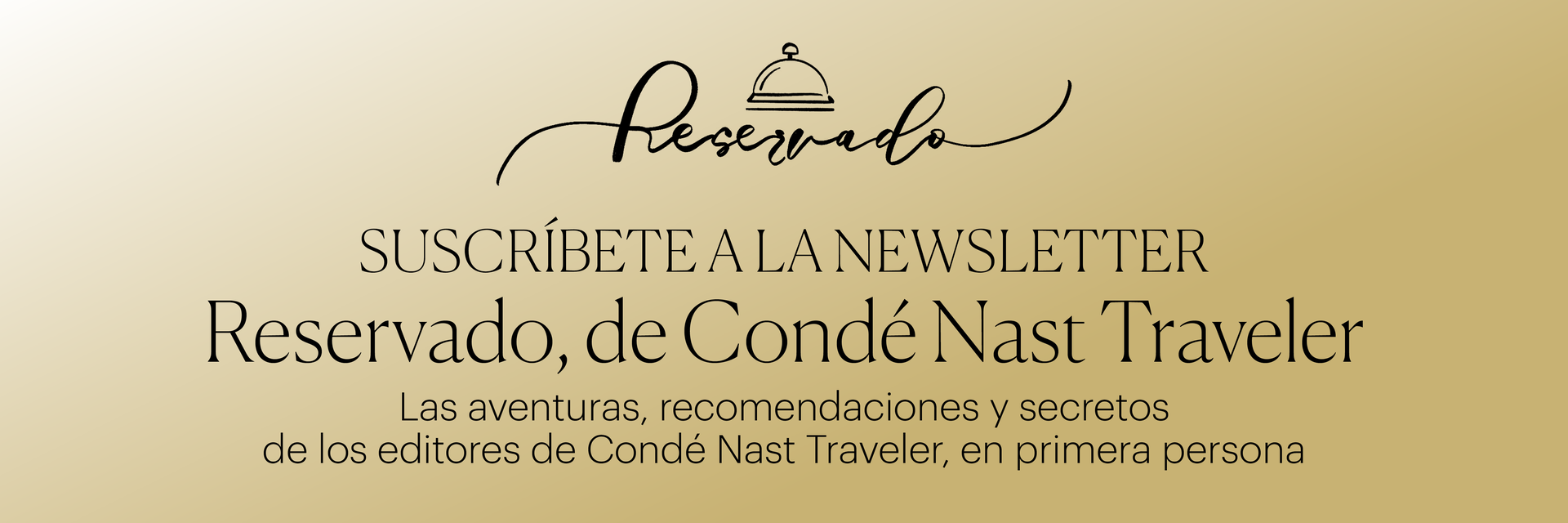| Puede ejercer los derechos de acceso, rectificación y supresión de sus datos y los de portabilidad, limitación y oposición, en su caso, al tratamiento descrito, dirigiéndose mediante escrito al responsable del tratamiento de datos https://dataestur.es/baja-newsletter/, o por carta a Paseo de la Castellana 135, planta 16, 28046 Madrid, indicando nombre y apellidos, dirección física y e-mail. Igualmente se informa de su derecho a retirar su consentimiento en el momento que lo considere oportuno y que la información se conserva mientras exista un interés mutuo. Por otra parte no se realizan transferencias internacionales con sus datos. En el caso de producirse alguna modificación de sus datos o si detecta que algún dato es erróneo, le rogamos nos lo comunique para su subsanación, con la finalidad de mantener los datos actualizados, según el artículo 4 de la Ley Orgánica 15/1999 y Reglamento Europeo. | 















.jpg)






